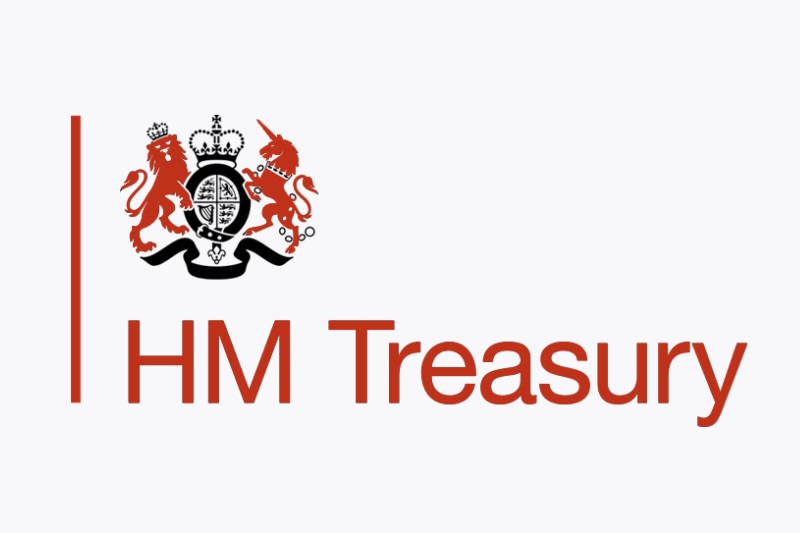
A recently published draft legislation consultation paper by Her Majesty’s Treasury shows that the UK government is set to switch the regulatory framework for binary options trading from gambling to financial trading. This development is part of a larger trend in the European Union to redefine the legal status of binary options as exemplified by the first Dutch binary options license.
When the UK adopted the EU’s Markets in Financial Instruments Directive (MiFID) rules it did not extend the scope of the British financial regulators to cover binary options. The UK’s approach was in line with how it believed the Committee of European Securities Regulators (“CESR”) analysed the scope of MiFID.
Therefore, under current UK legislation binary options are classified as bets and are supervised by the Gambling Commission rather than the Financial Conduct Authority (FCA). However, different Member States have taken different approaches to this issue. Several European Member States include binary options within the scope of their transposition of MiFID financial instruments.
The UK government now says this creates inconsistencies in approach as to whether firms offering binary options can or cannot passport across the EU. It also means that there is confusion for potential purchasers of binary options about their status and potential inconsistencies in consumer protection for what can be risky products.
Additionally, recent publications by the European Commission on binary options indicate that the Commission believes that certain binary options are within the scope of MiFID. Still, the uncertainty in the EU about the status of binary options have not lead to any specific amendment to MiFID II.
However, HR Treasury says that in the light of the growth of the binary options market and concerns about consumer protection, the British government considers it appropriate to consider their status under the existing directive and revisit the UK’s transposition of this element of MiFID.
Enhancing Certainty
The UK government is now of the view that binary options, where they relate to specific underlyings, are appropriately viewed as MiFID financial instruments. It therefore proposes to bring activity in relation to these instruments within the regulatory perimeter, where they are derivatives in relation to which an investment firm or credit institution is providing or performing investment services and activities on a professional basis.
Such persons providing specific binary options, under the draft amendments, would require authorisation under Financial Services and Markets Act (FSMA) and be regulated by the FCA. Although there are supportive legal considerations in deeming certain binary options ”financial instruments” and specifying them as investments, there are also strong policy reasons for doing so, the goverment says.
In particular, binary options present similar risks to derivatives and classifying them as financial instruments would ensure that providers would be subject to specific regulatory requirements in relation to organisational and capital requirements and that the range of investor protection rules in MiFID would also apply. It would also mean that the specified binary options are brought within the scope of the market abuse regime.
The British government is seeking comments on its proposed draft legislation to bring certain binary options within the legal framework that covers contract for differences (CFDs) in the UK.
The consequence of this drafting is that a binary option is a financial instrument in circumstances where similar derivative contracts would also be regarded as financial instruments, for example, where the option relates to currencies, stock indices, individual shares, commodity prices and economic statistics. The draft amendment would therefore capture a wide range of binary options.
The UK government is particularly seeking responses in relation to whether this draft legislation raises any problems in relation to scope of what would be captured. For example, a binary option in relation to climatic variables would appear to capture a range of binary options that might not ordinarily be considered to be financial.
Gambling Commission Reaction
A spokesperson for the UK Gambling Commission (UKGC) commented on the development: “For most existing licensed gambling operators this will have little or no impact on their business.
“Binary options account for less than 1% of the Gambling Commission-regulated online gambling market. Operators who offer binary options alongside more traditional betting products will merely find this part of their activity regulated by the FCA.”
However, the spokesperson clarified that binary options firms will not need to apply for a gambling license this year, “This is to avoid relevant operators having to make applications and pay fees that might later prove unnecessary.
“The effect of this is that operators will not, for the time being, require a gambling operating licence to offer binary options, and no application to the Gambling Commission to do so will be necessary until further notice.”

